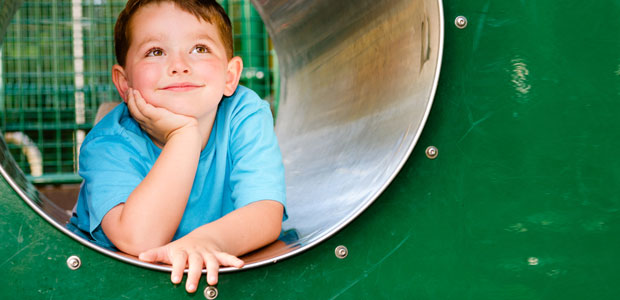Advertisement
Kids at School Need Time to Play
Ask any child what their favourite part of school is, and they’re likely to respond, “Recess!” Now, even doctors are weighing in with their support for our children’s needs to recoup. In a recent policy statement from the American Academy of Pediatrics, the authors suggest that recess breaks for elementary school-aged children may provide cognitive, … Continued

Ask any child what their favourite part of school is, and they’re likely to respond, “Recess!” Now, even doctors are weighing in with their support for our children’s needs to recoup.
In a recent policy statement from the American Academy of Pediatrics, the authors suggest that recess breaks for elementary school-aged children may provide cognitive, social, emotional, and physical benefits beyond academic instruction. They claim that recess provides a necessary break from structured classroom learning, and that these breaks shouldn’t be withheld, even for punitive reasons.
Research shows that recess allows students to mentally decompress, which can aid cognitive processing and academic performance. It can also reduce stress while promoting social and emotional learning that comes from peer interaction within an unstructured environment.
Recess also offers children the opportunity to engage in physical activity, which can help them reach the recommended 60 minutes of moderate to vigorous daily physical activity. The benefits from recess activities may also be unique from those that come from participation in physical education classes, which are more academically structured and don’t offer as many opportunities for creative, social, and emotional development.
More on childhood learning and development:





